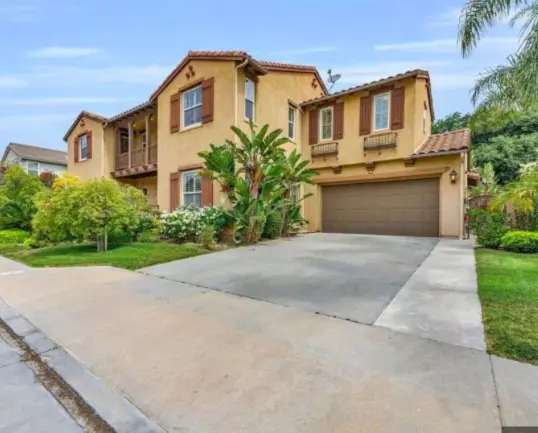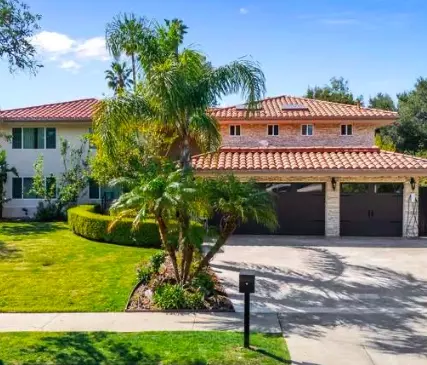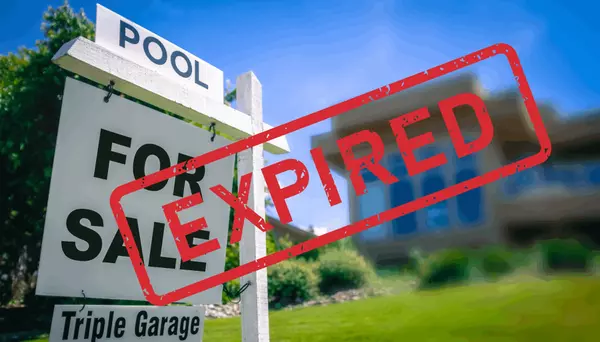Helping families achieve their real estate goals with care, experience, and results. Using the latest marketing strategies, video, social media, and smart technology to deliver the best results.
Tambien Hablamos español.
What People Say About Betty
Anne Andersen
I can't speak highly enough of my experiences with Betty Ortiz and the team at HomeSmart Evergreen Realty. Betty has helped my family sell two houses. The first was my Mother's house, shortly after she passed away in 2018. My Mother had a reversed mortgage, but with Betty's great knowledge and experience in the real estate market everything went smoothly, the house was sold quickly and we were very pleased with the outcome.
From my first experience with Betty I didn't think twice about asking her help in selling my own house. My house sold in just a month and a half, in November of 2019. During the sale of my house, she also helped us with the search and purchase of our new dream home. We are very happy and excited to be moving into our newly build home in May 2020.
I could not have asked for a more trustworthy and knowledgeable Realtor and I strongly recommend Betty to anyone who is looking to sell or buy a home. She works tirelessly to get the best possible deal for you, she is always pleasant, optimistic and always available to answer questions, as well as ready to take action right away when needed.
Thank you Betty for all you have done for my family!
Martha Mendoza
Betty is hands down the best realtor we have ever worked with. She is extremely knowledgeable and experienced. She helped us sale our property for over the asking price and helped us negotiate the price of our current home.
Lettie Barragan
Ms. Betty is an amazing Real Estate Agent!
Her knowledge and experience helped us with the selling and buying process.
She is wonderful mentor for first time buyers!
Betty also assisted with property lien release, (What a headache!) but, Betty with her professionalism and customer service made the entire transition
less difficult and stressful!
My kids as first time buyers and I are very thankful for her hard work, dedication and pleasant smile!
For sure we will be referring her to family and friends!
Get Your Home Valuation Report For Free!
FIND OUT FAST AND FREE
Enter your address below
- A valid address is required to continue.
NEXT
Step 1 Enter Property Address
Step 2 Property Details
Step 3 Property Valuation
My Blogs
Got any questions? Just ask!
We're happy to help!
Thanks! I'll get back to you shortly.





